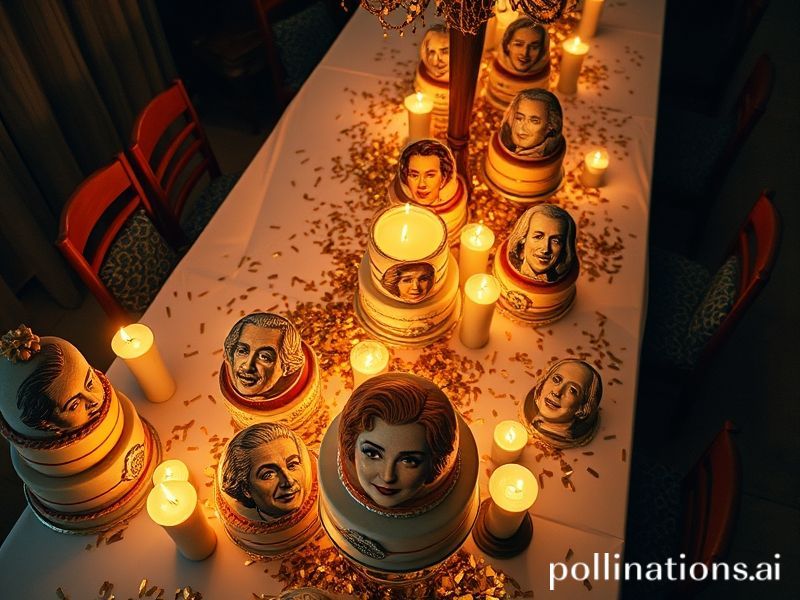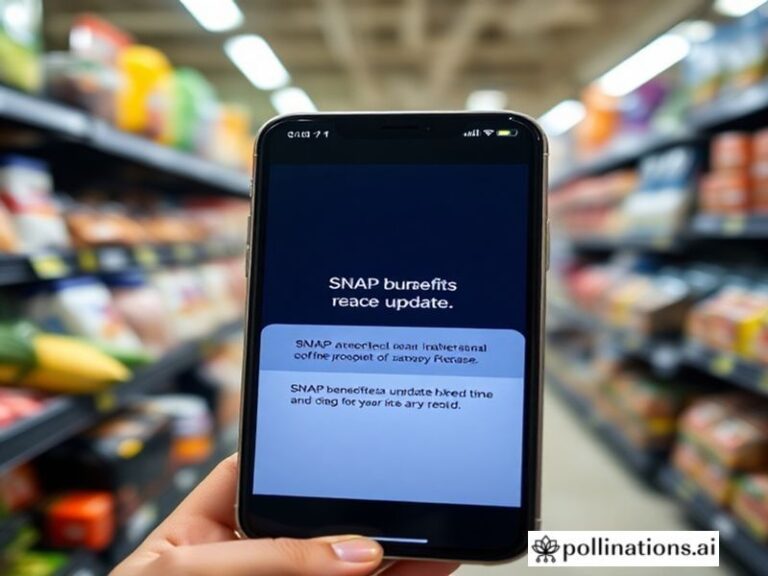Famous Birthdays: How the World Pauses for Manufactured Stardom
Famous Birthdays: The Global Festival of Manufactured Significance
By the time the sun rises over the International Date Line, the planet’s content mills are already humming. Somewhere between a Tokyo pop-up ad for limited-edition strawberry cheesecake and a São Paulo influencer’s “morning routine” reel, the daily algorithmic drumroll begins: Famous Birthdays. Not the quiet, cake-and-candles variety your aunt still insists on photographing, but the industrial-strength, SEO-optimized spectacle that convinces us Kim Kardashian’s 44th lap around the sun is somehow geopolitical.
Consider the mechanics: a California-based website scrapes birth certificates, IMDb pages, and the occasional fever dream, then ranks “fame” with the solemnity of the IMF calculating Argentina’s next default. The result is a planetary scoreboard where a K-pop trainee from Busan edges out the Secretary-General of the United Nations, and a retired Serbian tennis player competes for clicks with a Nigerian TikTok chef. Democracy, it turns out, is alive and well—provided the ballot is measured in retweets.
The international implications are as subtle as a drone strike. In Moscow, state broadcasters splice birthday shout-outs to Soviet-era ballerinas between segments on artillery production, reminding citizens that culture and conquest share the same calendar. Meanwhile, Gulf monarchies purchase promoted tweets congratulating their crown princes, ensuring #Vision2030 trends just above #HappyBirthdayZayn. Soft power has never been softer; it’s basically a piñata stuffed with hashtags.
Global supply chains feel the tremor too. When a Chinese e-commerce star turns 28, factories in Guangzhou pivot from fidget spinners to commemorative phone cases overnight, the way Switzerland once retooled watch gears for war. Freight pilots crossing the Hindu Kush at 3 a.m. find themselves hauling cargo that will be obsolete by Ramadan—capitalism’s answer to mayflies. Somewhere in the supply chain’s intestines, an underpaid logistics intern wonders whether the carbon footprint of a birthday LED-lit cake topper is itemized in the Paris Agreement. (Spoiler: it isn’t.)
Europe, ever the moral compass, responds with performative restraint. German newspapers publish think pieces titled “Why Birthdays Are the Last Vestige of Feudalism,” accompanied by a 3,000-word interview with a Slovenian philosopher nobody reads. France simply bans birthday cake in public schools, citing laïcité and childhood obesity in one elegant stroke. The British, still nostalgic for empire, broadcast a BBC documentary claiming the concept of birthdays was invented in Shropshire in 1743, then apologize when Twitter digs up Mesopotamian receipts.
The darker corners of the world stage exploit the occasion with gusto. North Korea’s official news agency announces that the Supreme Leader’s birth was foretold by a swallow and marked by a double rainbow; analysts in Seoul check satellite imagery for migratory bird patterns. In the Sahel, insurgent groups time ransom videos to coincide with the birthday of a French aid worker, because nothing says “negotiation leverage” like candle emojis. Even the Taliban—no slouches at branding—once paused a press conference to cut cake for a spokesman turning 37, then resumed explaining why music remains haram.
And yet, amid this planetary theater, an odd solidarity flickers. From Lagos to Lima, teenagers post identical stories—“OMG, I share a birthday with Bad Bunny!”—oblivious to the fact that algorithms manufactured the coincidence. For twelve algorithmically blessed hours, the world speaks one language: the dopamine ping of mutual recognition. It’s as close as we get to world peace, until someone checks the comment section.
By midnight UTC, the cycle resets. The cakes are stale, the hashtags archived, the geopolitical tremors subsiding. Tomorrow another arbitrary list will drop, and we’ll pretend it matters—because in an era of collapsing ice shelves and rising sea levels, pretending is the only renewable resource we’ve got left.
So here’s to famous birthdays: the last truly global holiday, sponsored by data brokers and powered by existential dread. Blow out the candles, darling; the planet’s already on fire.







